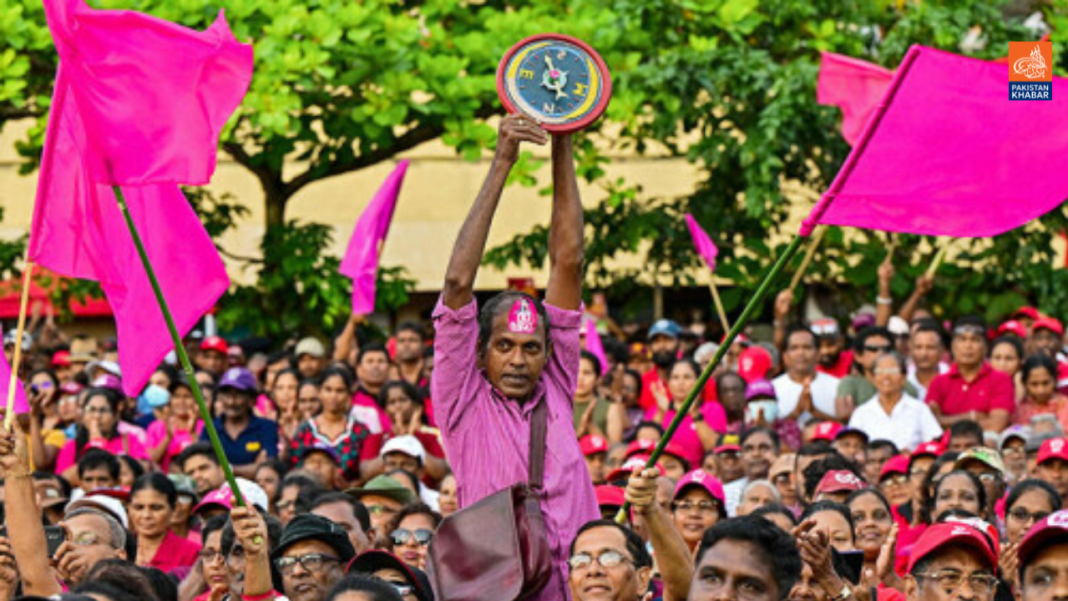Cash-strapped Sri Lanka is set to vote for its next president on Saturday, effectively turning the election into a referendum on the unpopular austerity measures imposed by the International Monetary Fund (IMF) following the country’s financial collapse.
President Ranil Wickremesinghe has called on voters to give him a fresh mandate to continue the austerity policies, which he credits with stabilizing the economy and ending severe shortages of food, fuel, and medicine.
“We must continue reforms to end bankruptcy,” Wickremesinghe, 75, said during his final rally in Colombo. “We must build a new economy.”
Wickremesinghe, who restored order after civil unrest in 2022 led to the ousting of his predecessor, urged the public to decide between “returning to the period of terror or choosing progress.”
Despite these accomplishments, Wickremesinghe’s tax hikes and spending cuts—part of a $2.9 billion IMF bailout—have left many struggling. Experts caution that the economy remains fragile, with the island’s $46 billion foreign debt still unpaid after the 2022 default.
The International Crisis Group has noted that the election will serve as a judgment on Wickremesinghe’s management of the economic crisis and the subsequent modest recovery. However, many people face “immense hardship” as the government cuts costs.
As the campaign period ended after 56 days, Sri Lanka entered a two-day “cooling off period” before Saturday’s vote. More than 17 million voters are eligible, with over 200,000 officials and 63,000 police deployed to ensure a smooth election. Results are expected by Sunday.
While the election campaign was relatively peaceful, with 464 complaints, no major incidents were reported.
Wickremesinghe faces competition from Anura Kumara Dissanayaka, a leader of a once-marginal Marxist party, who has seen a surge in support amid promises to fight corruption and overhaul Sri Lanka’s political culture. His party, which was historically associated with violent uprisings, has now become a voice for change.
Opposition leader Sajith Premadasa, who once worked closely with Wickremesinghe before breaking ties in 2020, is also expected to perform well. Premadasa has promised to renegotiate the IMF agreement and ensure fairness in tax reforms that have driven professionals to leave the country.
Sri Lanka’s poverty rate doubled between 2021 and 2022, affecting 25% of the population, according to official data.
While the IMF acknowledges that reforms have started to bear fruit, with inflation dropping to under 5% from a peak of 70%, it emphasizes that the country is not yet fully recovered.




